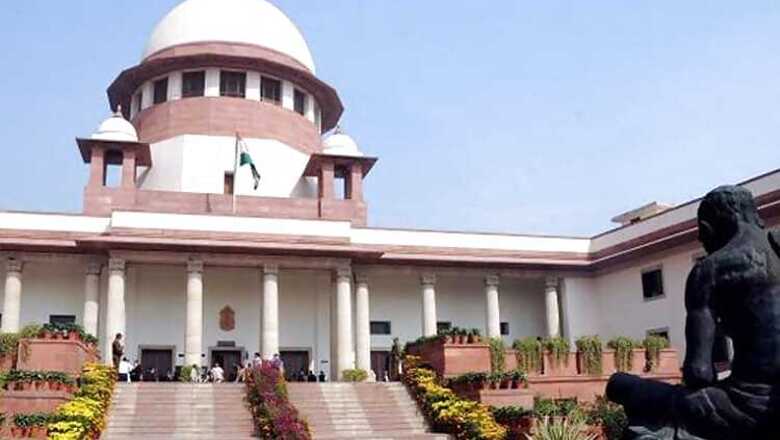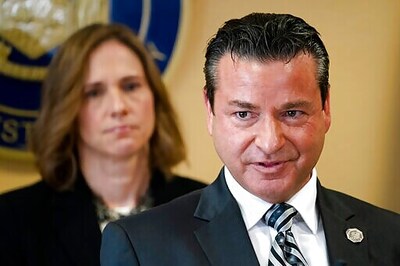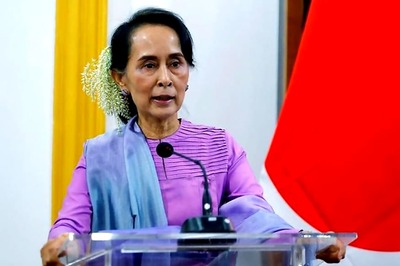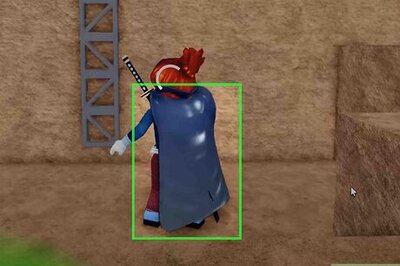
views
New Delhi: An individual who deals in public affairs should not have any personal interest and should not extend benefits to someone in close proximity, the Supreme Court said on Monday.
A bench headed by Justice Dipak Misra made the observation during the hearing of a plea filed by the Orissa Olympic Association (OOA) against a High Court order directing the state government to take possession of encroached government land adjoining Cuttack's Barabati Stadium and asked the state police's crime branch to investigate the incident.
The top court, in its judgment, held the OOA guilty of encroaching government land for raising constructions near the stadium and ordered the district administration to take possession of the 23 shops and a marriage hall.
"The concept of conflict of interest is well established. A person who is accountable to the public and deals with public affairs is not expected, as required under the law, to have any personal interest. He is not to act in a manner where it is perceived that he is directly or indirectly the
beneficiary or for that matter, extends the benefit to a person of immediate proximity," the bench, also comprising Justice P C Pant, said.
It slammed Asirbad Behera, General Secretary of the Orissa Olympic Association, for his conduct and held him guilty of conflict of interest as his son was a partner in a firm which was given the contract to run the marriage hall.
"The Secretary of the association, as it seems, had sent his conscience on vacation," the apex court said.
Referring to its earlier judgments, it said the issue of "conflict of interest" is bound to shake the confidence of the public and must be avoided.
"It is clear as day that the relationship between the two individuals and their different obligations expose conflict of interest. It is an interest where one may abuse the public office to gain personal benefit either directly or indirectly.
In the instant case, the son of the Secretary of association is a partner in the firm that had been given the contract.
"The son might have been inducted as a partner at a later stage but the fact remains that the father was the Secretary of the association. In such a situation, it does not require Solomon's wisdom or, for that matter, the wisdom of an adjudicator as described in 'Tripitak' to understand that there is conflict of interest," it said.




















Comments
0 comment